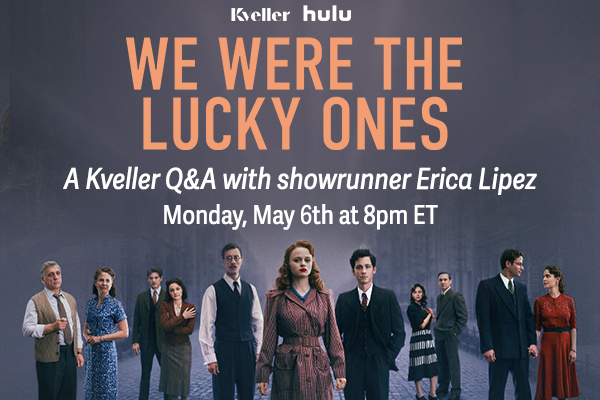I’ve told some lies on Instagram. Not because I wanted to be dishonest or dupe anyone, but because I thought it would make me happier—a “fake it ‘til you make it” kinda thing.
On Valentine’s Day one year, my wife and I were bickering about something stupid; yet, I posted a selfie of us captioned, “love is in the air.” Yes, we love each other, so technically love was in the air, but in that moment, I wasn’t feeling it. Yet later that night, when I checked the ‘likes’ and comments, I did feel happier.
Is that weird—to feel happier when people affirm a moment that isn’t authentic in its representation? I actually think it’s pretty normal.
You see, insta-life isn’t all that different from real life. Its crafted, curated nature smacks of superficiality, but when you think about it, how is the Insta-sphere really different from the “traditional” public sphere? Are you always your authentic-self outside of your home, and when you walk out the door in the morning, don’t you have the intention of putting your best foot forward, leaving the sweatpants and stains behind? I’m not sure why anyone would expect greater authenticity from a platform like Instagram that naturally lends itself to curation.
Some people argue that you can fake everything on Instagram, but curation isn’t exclusive to social media. Sure, you can apply filters and smooth out blemishes; and some apps like facetune allow you to alter your appearance so you can look “skinny” and make your teeth whiter (guilty). But in real life, you can do the same thing— hello, Botox, Kybella and cool sculpting. In real life, there’s also the dimension of behaving insincerely…
Take the workplace, for example. Depending on where you work, you have to dress a certain way, maintain a level of composure and diplomacy, and often project a more flexible and open-minded persona. The workplace is a “real life” example of where we project the curated version of ourselves. It’s not the same as Instagram, as real life calls for in-person, on-the-spot interaction; however, the authentic and inauthentic live in both places (or rather the fake and un-fake).
So, we’re all fake then? Well, sort of, but this isn’t a new thing, and we haven’t suddenly become faker with social media. Our fakeness long precedes social media—it’s an inherent part of being a person. And we’re not fake because we’re malicious liars, we’re fake because we want better outcomes in life.
![]() Being fake isn’t a “good” thing, but it is a natural thing. A permanent state of phoniness obviously shouldn’t be the goal, but when used as a means to an end, a little faking can definitely help you “make it” to your desired state. It can definitely help you be more positive.
Being fake isn’t a “good” thing, but it is a natural thing. A permanent state of phoniness obviously shouldn’t be the goal, but when used as a means to an end, a little faking can definitely help you “make it” to your desired state. It can definitely help you be more positive.
For me, posting on Instagram is an instant mood-lifter. Yes, I apply a filter, but the messages are authentic, the same as they would be otherwise: I love my family, I love to run, and I love beautiful places. Most importantly, I love the interaction in the Insta-sphere and the feeling that I’m not alone. Call me a liar or an affirmation whore, if you like, but Instagram makes me happy.







